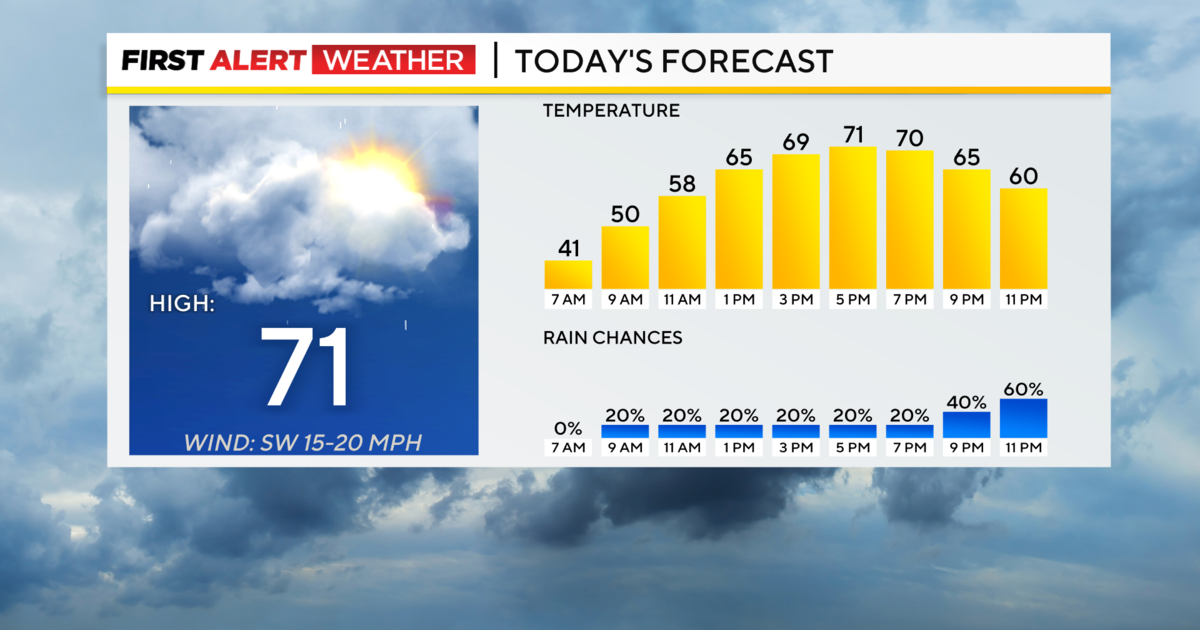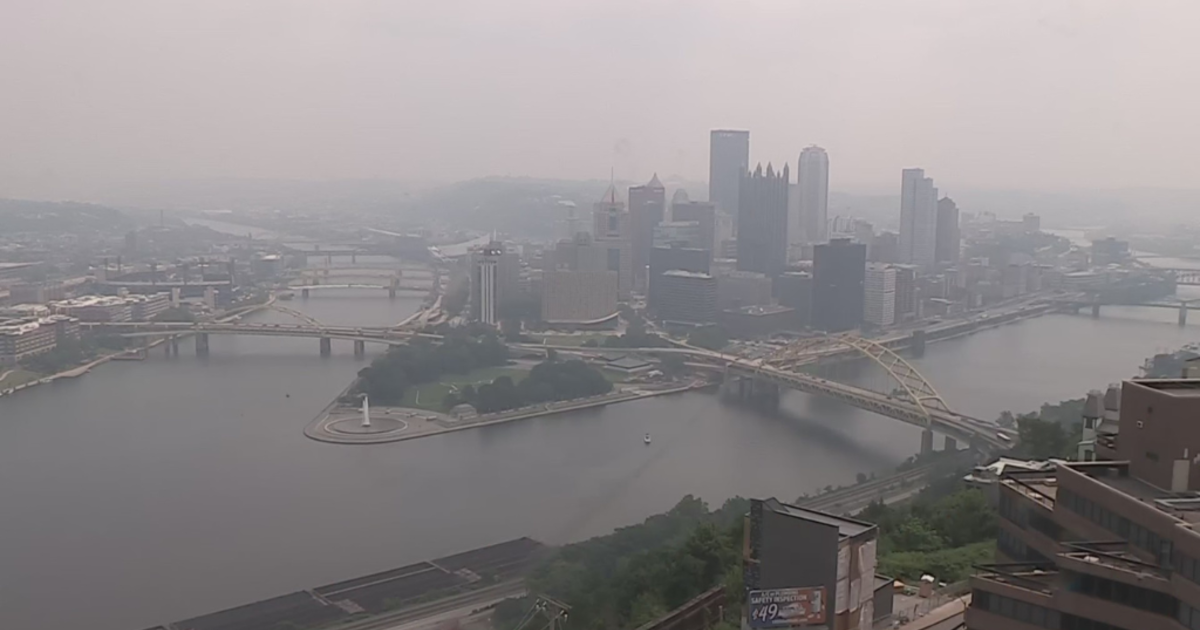Severe Spring Allergy Symptoms Expected Because Of Pittsburgh's Heavy Rains
Follow KDKA-TV: Facebook | Twitter
PITTSBURGH (KDKA) -- If you are an allergy sufferer and find your symptoms unbearable, experts say compared to other areas of the country, allergens in Pittsburgh are more significant.
And after all the rain the region experienced this year, worsening symptoms are expected for those who suffer.
You wouldn't know it was a few days into spring with cold temperatures in Pittsburgh, but experts say now is the time to plan for allergies.
"Now in March would be the time to start the allergy medicine, that's a very important point," said Dr. Marc Itskowitz, an internal medicine doctor with Allegheny Health Network.
Itskowitz also says this is especially so for allergy sufferers this year.
"We know the last two or three allergy seasons have been very severe based on pollen counts," Itskowitz said.
The heavy rains the Pittsburgh region experienced this year, experts say, will add additional water to the allergens and subsequent symptoms.
"In the springtime, it's mostly tree pollen," Itskowitz said.
Itskowitz says some allergy sufferers may experience "dripping down the nose or a little bit of a scratchy throat" while more significant sufferers might be "very symptomatic with severe fatigue."
"I think the Pittsburgh, western Pennsylvania region has more severe allergy patients than others in the country," Itskowitz said. "I think it has to do with air quality here. We know the air quality here isn't as good as it is in other parts of the country."
The Asthma and Allergy Foundation of America ranked Pittsburgh 41st among the country's 100 large metropolitan areas for among the most severe projected pollen counts this year.
Experts also say plants that are dormant longer after a vigorous winter will come back quick and strong.
"Mold allergens tend to get worse when there is more humidity in the air. In general, the trees and the grass will be more vigorous," Itskowitz said.
Doctors says many medicines may take two weeks to reach full efficacy, so start taking them now before peak season in April and usually treatment and testing are in order.
"Either being empirically treated with what we call antihistamines and nasal steroids or we can send them for allergy testing," Itskowitz said. "There are different types of allergy tests. There are blood tests, there are skin tests, depending on the type of allergy that we're looking at."
Doctors say if allergies are making you fatigued or interfering with going to school or work, it's time to do that combination of treatment and testing.



